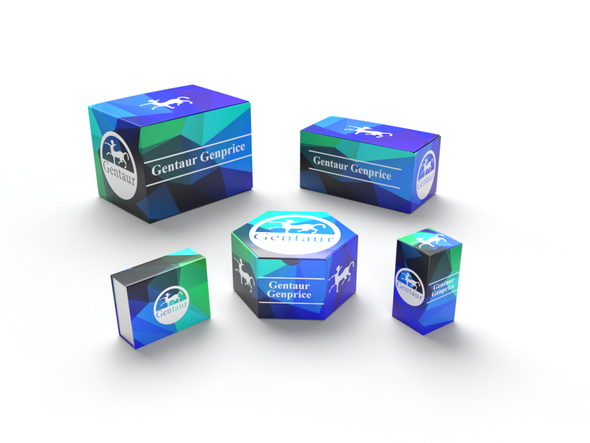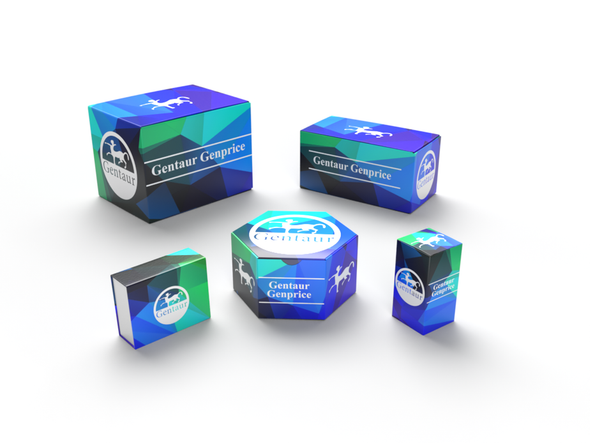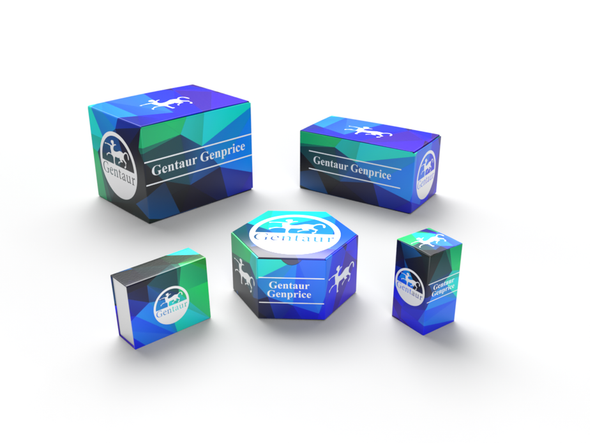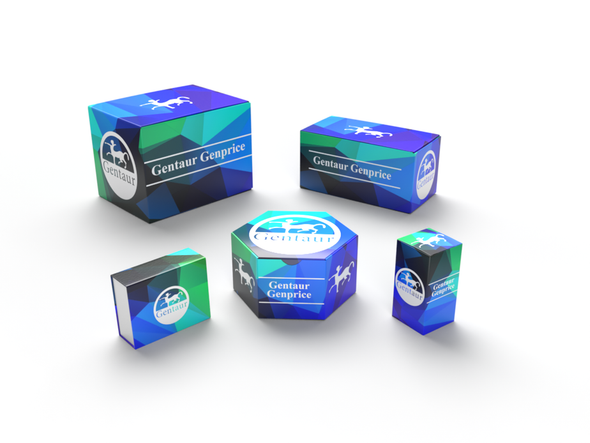209
Rabbit Anti-Mouse PlGF Antibody | 103-PA04AG/103-PA04S/103-PA04
- SKU:
- 209-103-PA04AG/209-103-PA04S/209-103-PA04-GEN
Description
Rabbit Anti-Mouse PlGF Antibody | 103-PA04AG/103-PA04S/103-PA04 | Gentaur UK, US & Europe Distribution
Species: Anti-Mouse
Host / biotech: Rabbit
Comment: N/A
Label: N/A
Clone / Antibody feature: Rabbit IgG
Subcategory: Polyclonal Antibody
Category: Antibody
Synonyms: Pgf; PlGF; Plgf; AI854365; placental growth factor
Isotype: N/A
Application: IHC
Detection Range: Use 1:200
Species Reactivity/Cross reactivity: Mouse
Antigen: Recombinant mouse PlGF (RT #M30-020)
Description: Placenta growth factor (PlGF) is a member of the vascular endothelial growth factor (VEGF) family of growth factors. PlGF and VEGF share primary structural as well as limited amino acid sequence homology with the A and B chains of PDGF. All eight cysteine residues involved in intra and interchain disulfides are conserved among these growth factors. As a result of alternative splicing, three PlGF RNAs encoding monomeric human PlGF1, PlGF2 and PlGF3 isoform precursors containing 149, 179 and 219 amino acid residues, respectively, have been described. In normal mouse tissues, only one mouse PlGF mRNA encoding the equivalent of human PlGF2 has been identified. Mouse PlGF shares 65% amino acid identity with human PlGF2. The gene for PlGF has been mapped to mouse chromosome 12 and human chromosome 14. PlGF binds with high affinity to Flt1, but not to Flk1/KDR.
Purity Confirmation: N/A
Endotoxin: N/A
Formulation: lyophilized
Storage Handling Stability: The lyophilized antibody is stable for at least 2 years at -20°C. After sterile reconstitution the antibody is stable at 2-8°C for up to 6 months. Frozen aliquots are stable for at least 6 months when stored at -20°C. Addition of a carrier protein or 50% glycerol is recommended for frozen aliquots.
Reconstituation: Centrifuge vial prior to opening. Reconstitute in sterile water to a concentration of 0.1-1.0 mg/ml.
Molecular Weight: N/A
Lenght (aa): N/A
Protein Sequence: N/A
NCBI Gene ID: 18654










